Home>Gardening & Outdoor>Landscaping Ideas>When Is The Best Time To Plant Grass Seed In Georgia
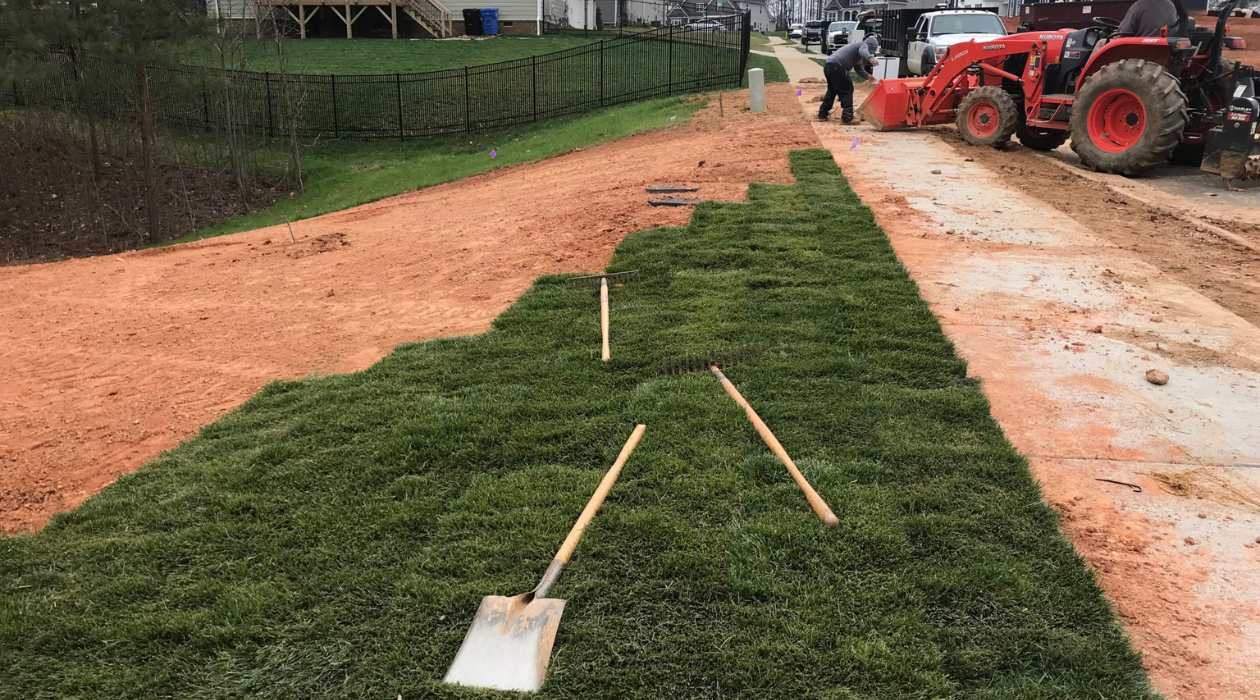

Landscaping Ideas
When Is The Best Time To Plant Grass Seed In Georgia
Modified: August 20, 2024
Discover the ideal time for planting grass seed in Georgia with our expert landscaping ideas. Ensure a lush, thriving lawn with our essential tips and guidance.
(Many of the links in this article redirect to a specific reviewed product. Your purchase of these products through affiliate links helps to generate commission for Storables.com, at no extra cost. Learn more)
Introduction
Planting grass seed in Georgia can be a rewarding endeavor, transforming your outdoor space into a lush, vibrant landscape. Whether you're establishing a new lawn or rejuvenating an existing one, understanding the optimal time for planting grass seed is crucial for achieving successful results. Georgia's diverse climate and soil conditions play a pivotal role in determining the best time to sow grass seed. By delving into the nuances of Georgia's climate and exploring the types of grass that thrive in this region, you can make informed decisions to ensure the success of your lawn.
In the following sections, we will delve into the intricacies of Georgia's climate, pinpointing the ideal conditions for planting grass seed. Additionally, we will explore the types of grass that are well-suited for Georgia's climate, providing valuable insights to help you select the most suitable grass for your lawn. Furthermore, we will offer practical tips for planting grass seed in Georgia, equipping you with the knowledge to embark on this endeavor with confidence.
Embarking on a journey to cultivate a vibrant, resilient lawn in Georgia requires a deep understanding of the local climate and the specific needs of various grass species. By delving into the details of when and how to plant grass seed in Georgia, you can set the stage for a thriving, verdant lawn that enhances the beauty of your outdoor space. Let's explore the nuances of Georgia's climate and the best practices for planting grass seed, empowering you to embark on this horticultural adventure with knowledge and enthusiasm.
Key Takeaways:
- Plant grass seed in Georgia from late spring to early summer for thriving lawns. Understand the climate and choose suitable grass types for a vibrant outdoor space.
- Prepare soil, select high-quality seed, and follow proper seeding techniques for successful grass growth in Georgia. Regular maintenance ensures enduring, resilient lawns.
Read more: When To Plant Grass In Georgia
Understanding Georgia's Climate
Georgia's climate is characterized by its diverse range of temperatures, precipitation patterns, and soil compositions, all of which significantly influence the success of planting grass seed. The state experiences a humid subtropical climate, with distinct seasonal variations that impact the growth and maintenance of lawns. Summers in Georgia are typically hot and humid, while winters are relatively mild, creating a unique set of challenges and opportunities for lawn care enthusiasts.
The summer months bring high temperatures and frequent rainfall, creating an environment conducive to the growth of warm-season grasses such as Bermuda grass, Zoysia grass, and Centipede grass. These grass varieties thrive in the heat and exhibit excellent drought tolerance, making them well-suited for Georgia's summer climate. However, the intense heat and humidity during this season can also pose challenges for lawn maintenance, requiring adequate irrigation and occasional respite from scorching temperatures.
Conversely, Georgia's winter season presents a milder climate, with occasional cold spells that may impact the growth of warm-season grasses. During this time, cool-season grasses such as Tall Fescue and Kentucky Bluegrass offer resilient alternatives, exhibiting better tolerance to lower temperatures and providing year-round greenery in Georgia's landscapes. Understanding the seasonal dynamics of Georgia's climate is essential for selecting the most suitable grass species and determining the optimal time for planting grass seed.
Moreover, Georgia's soil composition varies across different regions, ranging from clay and loam to sandy soils. Each soil type presents distinct characteristics that influence water retention, nutrient availability, and overall plant growth. By considering the specific soil composition of your area, you can make informed decisions regarding soil amendments, drainage solutions, and grass species that are best adapted to the local soil conditions.
In essence, comprehending Georgia's climate entails recognizing the interplay of seasonal variations, soil compositions, and the unique requirements of different grass species. By embracing this understanding, you can strategically plan the timing and selection of grass seed for optimal growth and resilience in Georgia's dynamic climate.
Best Time to Plant Grass Seed in Georgia
The optimal timing for planting grass seed in Georgia hinges on the distinctive seasonal patterns and climatic conditions that characterize the state. Understanding the interplay of temperature, precipitation, and grass growth cycles is pivotal in determining the best time to sow grass seed for a thriving lawn.
In Georgia, the prime window for planting grass seed typically spans from late spring to early summer, specifically from mid-April to mid-June. During this period, the soil temperature rises, fostering favorable conditions for seed germination and robust root development. The warm temperatures and increased daylight hours provide an ideal environment for the establishment of both warm-season and cool-season grasses, ensuring their resilience and vitality throughout the year.
For warm-season grasses such as Bermuda grass, Zoysia grass, and Centipede grass, the late spring to early summer timeframe aligns with their active growth phase, enabling the seeds to germinate swiftly and flourish in the warm, humid climate of Georgia. This strategic timing allows the grass to establish strong root systems before the onset of the scorching summer heat, enhancing their ability to withstand drought and thrive in the challenging summer conditions.
Conversely, cool-season grasses like Tall Fescue and Kentucky Bluegrass also benefit from being sown during this period, as the moderate temperatures and ample sunlight facilitate robust growth and development. By planting cool-season grass seed in late spring to early summer, homeowners in Georgia can capitalize on the favorable conditions to establish lush, verdant lawns that endure the seasonal fluctuations with resilience.
It is important to note that the timing for planting grass seed may vary slightly based on the specific grass species and local microclimates within Georgia. Factors such as elevation, proximity to bodies of water, and urban heat island effects can influence the local climate, necessitating nuanced adjustments in the planting schedule.
By aligning the sowing of grass seed with the optimal timing in late spring to early summer, homeowners in Georgia can harness the seasonal dynamics to cultivate vibrant, enduring lawns that enrich their outdoor spaces. This strategic approach maximizes the potential for successful germination, robust growth, and long-term vitality, laying the groundwork for a lush, resilient lawn that thrives in Georgia's diverse climate.
The best time to plant grass seed in Georgia is in the fall, between mid-September and mid-November. This allows the seeds to establish before the heat of summer and the cold of winter.
Types of Grass Suitable for Georgia
Georgia's diverse climate and soil compositions create an environment conducive to a wide array of grass species, each with unique characteristics and suitability for the region. When selecting grass for your lawn in Georgia, it's essential to consider factors such as heat tolerance, drought resistance, maintenance requirements, and aesthetic appeal. By understanding the distinct attributes of various grass types, homeowners can make informed choices that align with their preferences and the specific conditions of their outdoor space.
-
Bermuda Grass: Known for its exceptional heat tolerance and rapid growth, Bermuda grass is a popular choice for lawns in Georgia. This warm-season grass thrives in full sunlight and exhibits remarkable resilience in the face of high temperatures and drought. Its fine texture and vibrant green hue make it an attractive option for homeowners seeking a visually appealing, low-maintenance lawn.
-
Zoysia Grass: Renowned for its dense growth and durability, Zoysia grass is well-suited for Georgia's climate. This warm-season grass excels in both sun and partial shade, making it adaptable to various lawn environments. With its moderate water requirements and robust root system, Zoysia grass offers homeowners a resilient, visually appealing lawn that withstands the rigors of Georgia's climate.
-
Centipede Grass: Recognized for its low maintenance and excellent tolerance to acidic soils, Centipede grass is a popular choice for lawns in Georgia. This warm-season grass thrives in full sunlight and exhibits impressive drought tolerance, making it an ideal option for homeowners seeking a resilient, low-maintenance lawn with a vibrant, medium-green color.
-
Tall Fescue: As a cool-season grass, Tall Fescue offers homeowners in Georgia a resilient, year-round green lawn. With its ability to withstand both heat and cold, Tall Fescue provides enduring lushness and resilience in the face of Georgia's seasonal fluctuations. Its adaptability to various soil types and moderate maintenance requirements make it a versatile choice for lawns across the state.
-
Kentucky Bluegrass: Known for its fine texture and rich green color, Kentucky Bluegrass is a cool-season grass that thrives in Georgia's moderate climate. With its excellent cold tolerance and ability to form a dense, lush lawn, Kentucky Bluegrass offers homeowners a visually appealing, enduring lawn that enhances the beauty of their outdoor space.
By exploring the diverse range of grass species suitable for Georgia, homeowners can identify the most fitting options for their specific preferences and environmental conditions. Whether seeking a resilient warm-season grass like Bermuda or Zoysia, or opting for the enduring lushness of cool-season grasses like Tall Fescue and Kentucky Bluegrass, homeowners in Georgia have a wealth of choices to create vibrant, enduring lawns that enrich their outdoor landscapes.
Tips for Planting Grass Seed in Georgia
-
Soil Preparation: Before planting grass seed in Georgia, it is crucial to prepare the soil adequately. Begin by removing any debris, weeds, and rocks from the area. Conduct a soil test to assess its pH level and nutrient composition. Based on the results, amend the soil with organic matter or fertilizers to optimize its fertility and structure, creating an ideal foundation for seed germination and root development.
-
Selecting High-Quality Seed: When choosing grass seed for your Georgia lawn, opt for high-quality varieties that are well-suited to the local climate and soil conditions. Select a grass species that aligns with your lawn's sun exposure, water availability, and maintenance preferences. Investing in premium grass seed ensures better germination rates, disease resistance, and long-term resilience for your lawn.
-
Proper Seeding Techniques: Employ proper seeding techniques to enhance the success of grass establishment. Ensure even distribution of the seed by using a seed spreader or mechanical seeder. Follow the recommended seeding rates for the specific grass species, taking into account the size of the area to be seeded. Lightly rake the soil after seeding to cover the seeds with a thin layer of soil, promoting optimal seed-to-soil contact for germination.
-
Adequate Watering: Adequate watering is essential for the germination and early growth stages of grass seed. Keep the soil consistently moist but not waterlogged to support seed germination and root establishment. During the initial weeks after seeding, water the area lightly multiple times a day to prevent the soil from drying out. As the grass seedlings emerge and mature, gradually transition to a deeper, less frequent watering schedule to encourage deep root growth.
-
Appropriate Fertilization: After the grass seed has germinated and the seedlings have established, consider applying a balanced fertilizer to provide essential nutrients for healthy growth. Select a fertilizer specifically formulated for new grass seedlings, and follow the application instructions to avoid over-fertilization. A well-timed fertilization regimen contributes to the development of a robust, vibrant lawn in Georgia's dynamic climate.
-
Routine Maintenance: Engage in routine maintenance practices to nurture the newly established grass seedlings. Regularly monitor the lawn for signs of pests, diseases, or weed encroachment, and take prompt measures to address any issues. Mow the grass at the recommended height for the specific grass species, ensuring that it remains at an optimal length for healthy growth and resilience.
By implementing these tips for planting grass seed in Georgia, homeowners can lay the groundwork for a thriving, resilient lawn that enhances the beauty of their outdoor space. With careful soil preparation, proper seeding techniques, and attentive maintenance, cultivating a vibrant, enduring lawn in Georgia becomes an attainable and rewarding endeavor.
Read more: When Is The Best Time To Plant Landscaping
Conclusion
In conclusion, the process of planting grass seed in Georgia is intricately intertwined with the state's diverse climate, soil compositions, and the unique characteristics of various grass species. By understanding the seasonal dynamics and optimal timing for planting grass seed, homeowners can embark on this horticultural journey with confidence, laying the groundwork for vibrant, enduring lawns that enrich their outdoor spaces.
The nuanced climate of Georgia, characterized by hot, humid summers and mild winters, presents both opportunities and challenges for lawn care enthusiasts. The strategic timing of planting grass seed, typically from late spring to early summer, aligns with the active growth phases of both warm-season and cool-season grasses, fostering robust root development and resilience in the face of seasonal fluctuations. This optimal timing maximizes the potential for successful germination and long-term vitality, setting the stage for lush, enduring lawns that thrive in Georgia's dynamic climate.
Moreover, the diverse range of grass species suitable for Georgia, including Bermuda grass, Zoysia grass, Centipede grass, Tall Fescue, and Kentucky Bluegrass, offers homeowners a wealth of options to tailor their lawns to specific preferences and environmental conditions. Whether seeking heat-tolerant, low-maintenance warm-season grasses or enduring lushness of cool-season varieties, homeowners can select grass species that align with their aesthetic, maintenance, and resilience requirements.
By adhering to essential tips for planting grass seed, such as thorough soil preparation, proper seeding techniques, and attentive maintenance, homeowners can nurture the newly established grass seedlings into vibrant, resilient lawns that enhance the beauty of their outdoor landscapes. The careful consideration of soil composition, grass species selection, and meticulous planting practices culminates in the creation of thriving, enduring lawns that serve as inviting outdoor havens for relaxation and recreation.
Ultimately, the journey of planting grass seed in Georgia transcends the act of sowing seeds; it embodies a harmonious collaboration with nature, where the interplay of climate, soil, and plant life converges to create vibrant, enduring landscapes. By embracing the nuances of Georgia's climate and leveraging the diverse array of grass species, homeowners can cultivate resilient, visually appealing lawns that stand as testaments to the artistry of horticulture and the enduring allure of nature's bountiful offerings.
Frequently Asked Questions about When Is The Best Time To Plant Grass Seed In Georgia
Was this page helpful?
At Storables.com, we guarantee accurate and reliable information. Our content, validated by Expert Board Contributors, is crafted following stringent Editorial Policies. We're committed to providing you with well-researched, expert-backed insights for all your informational needs.
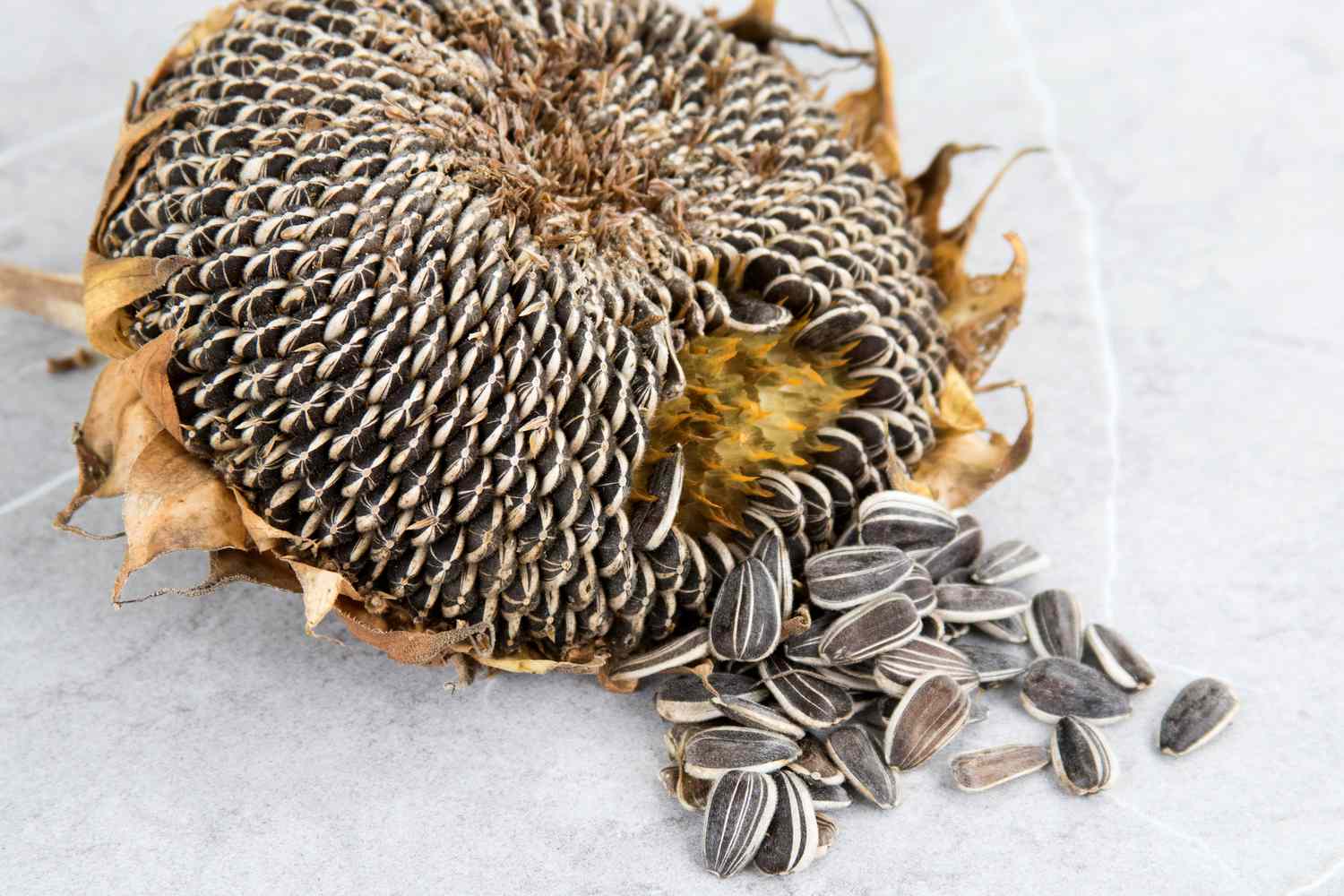
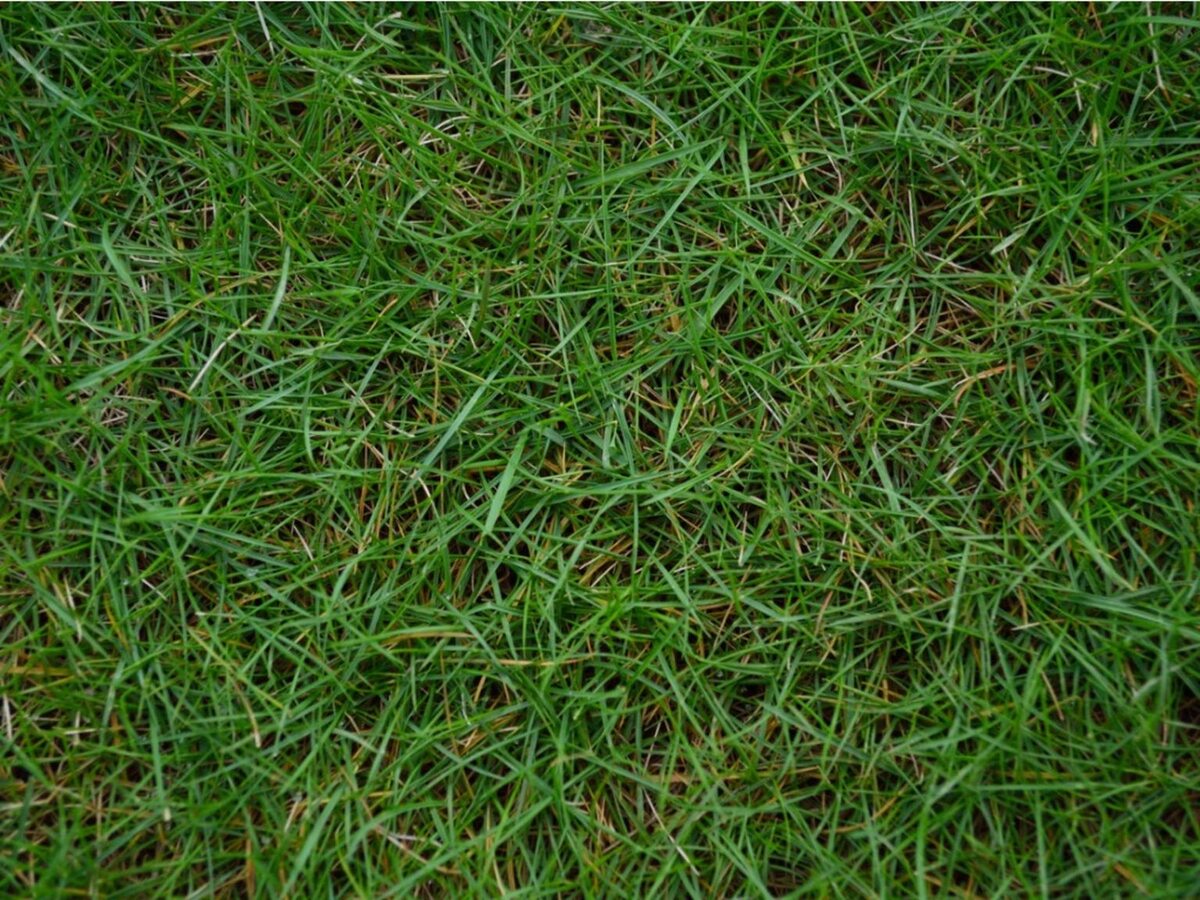
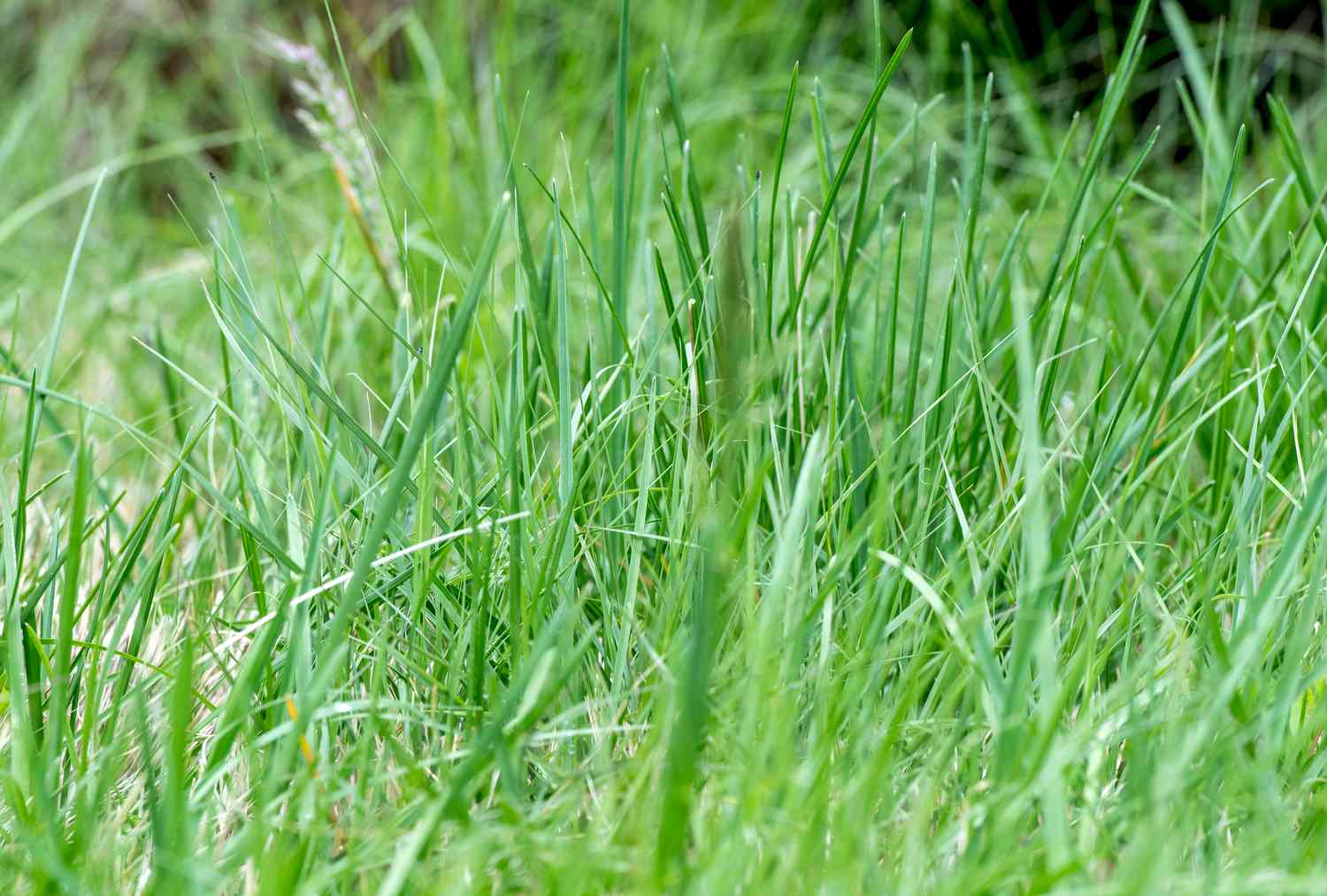
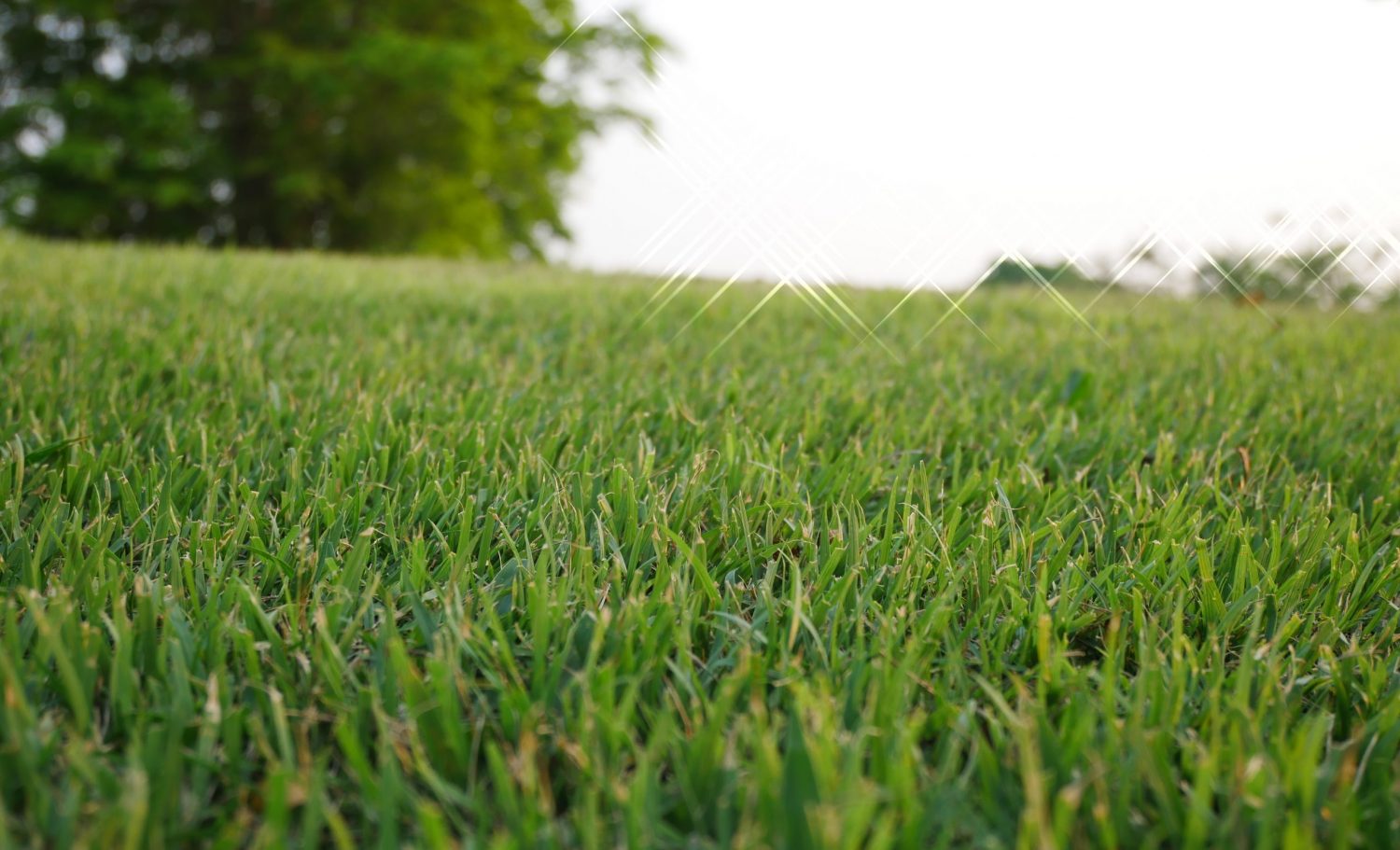
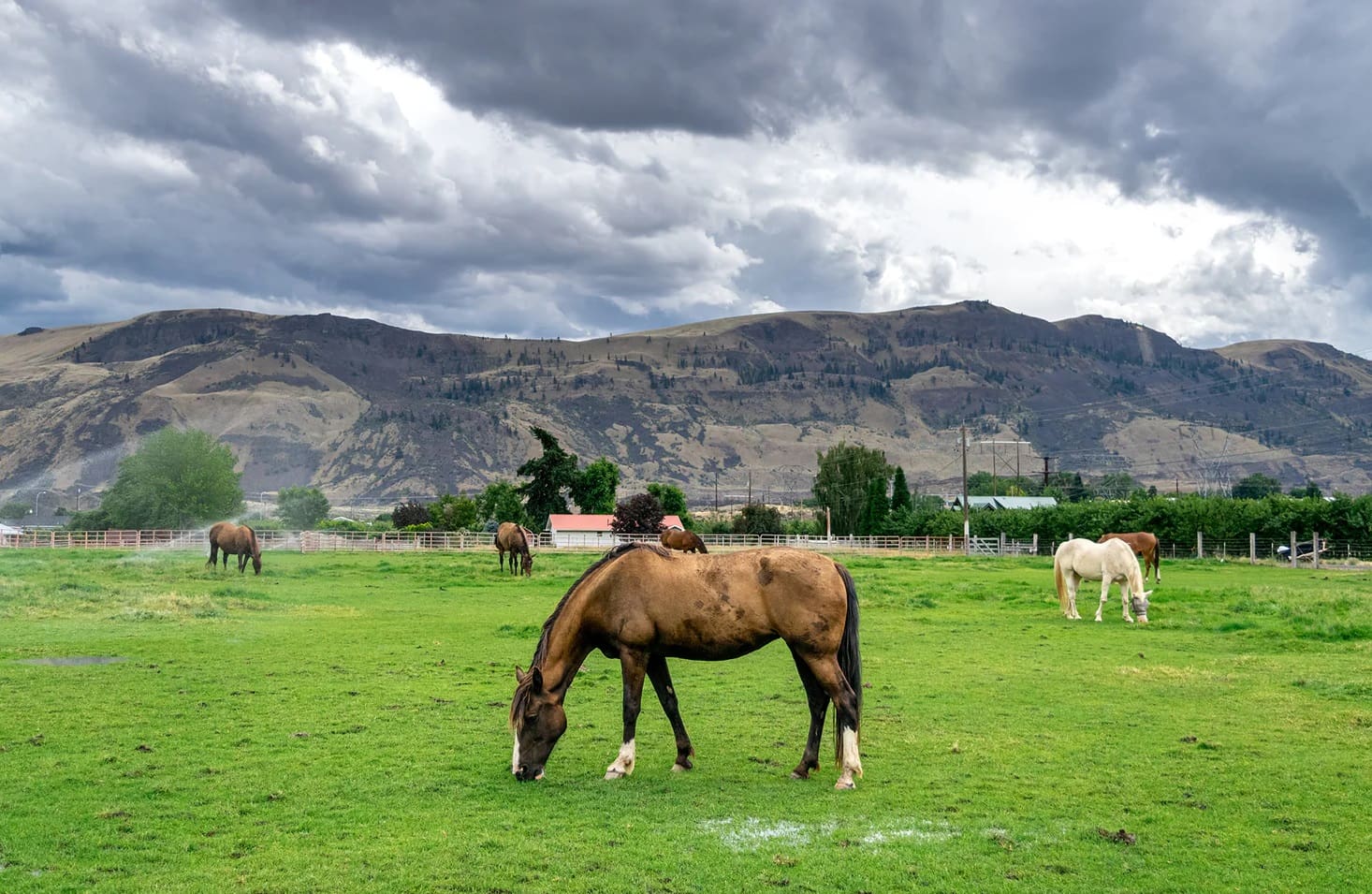
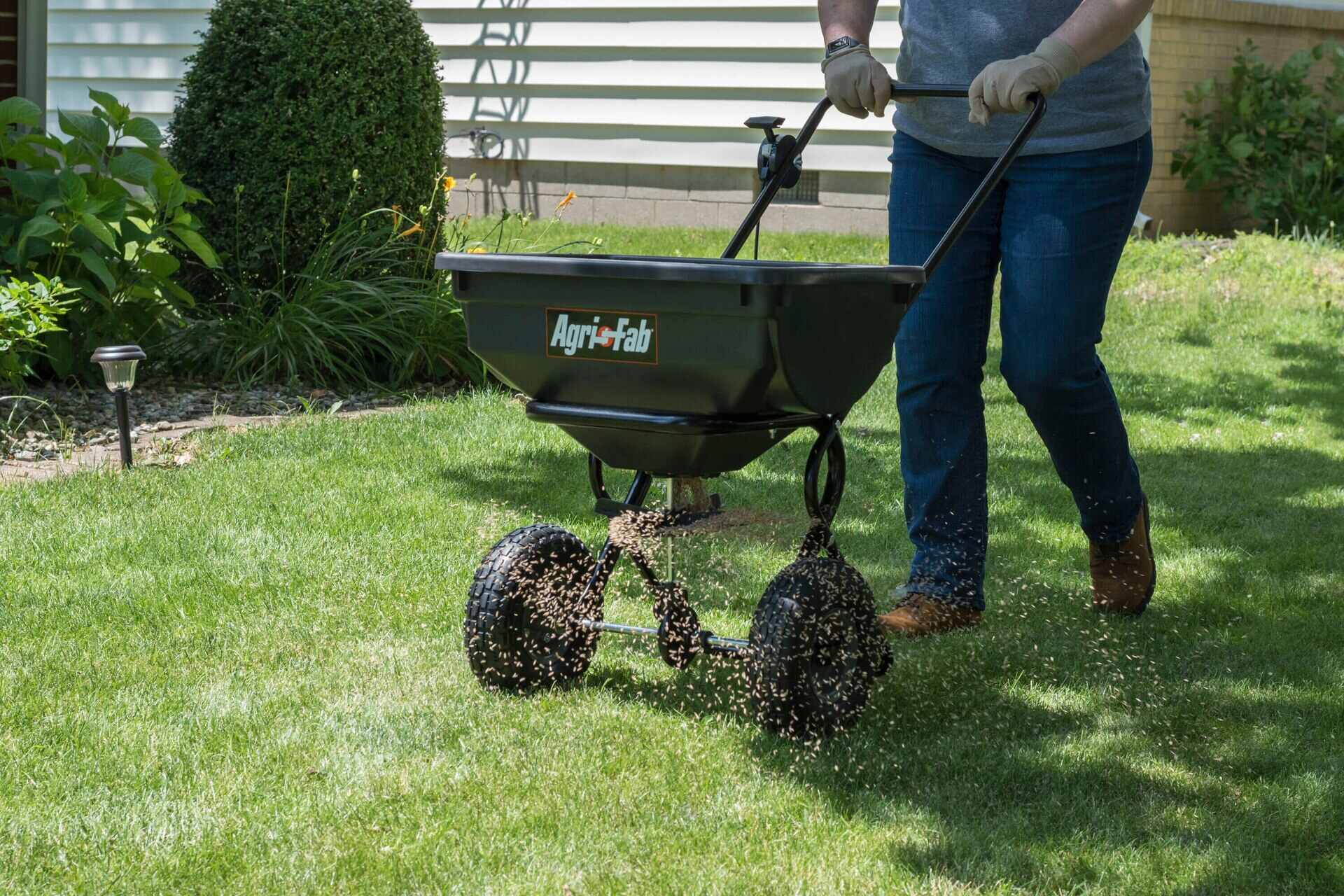
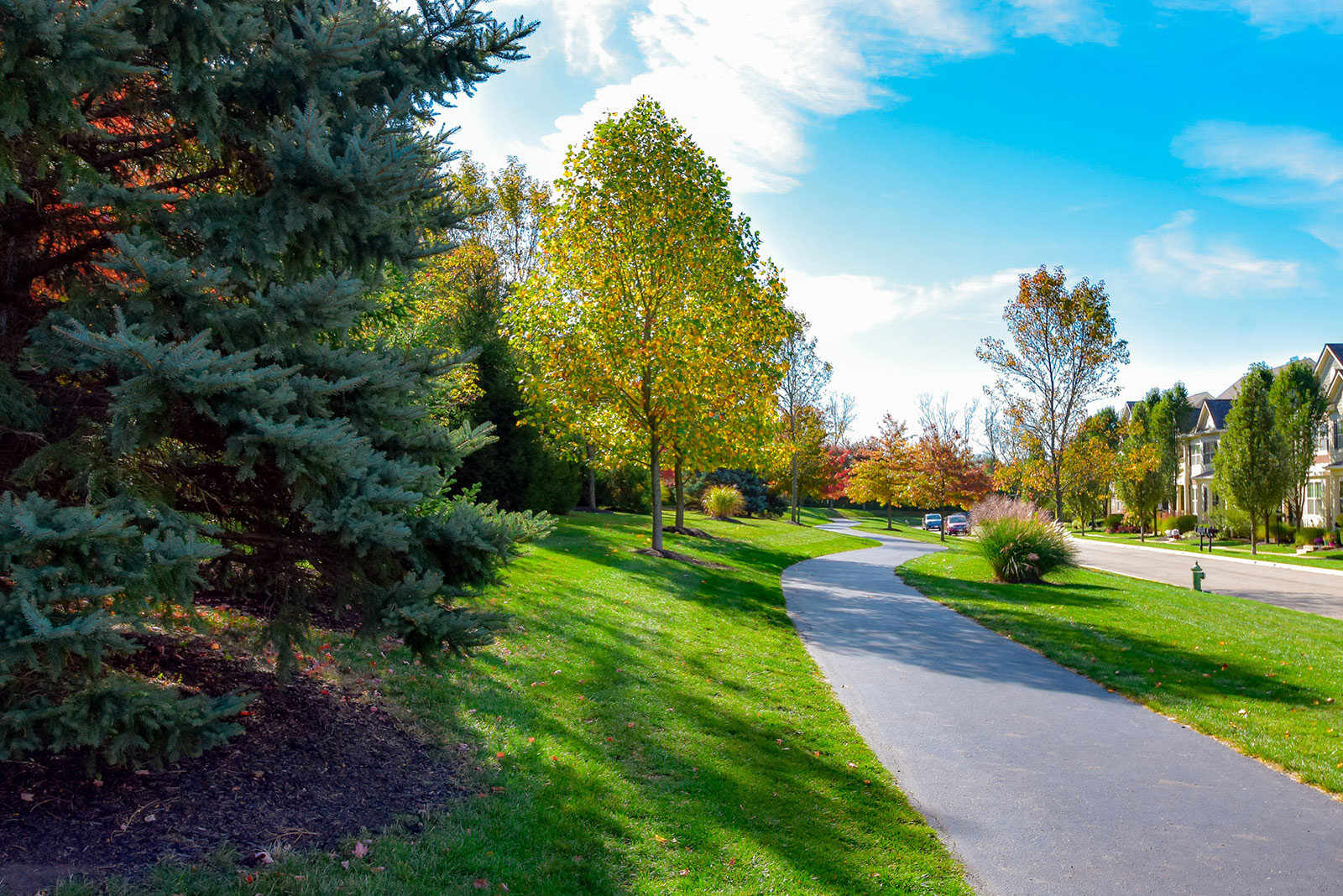
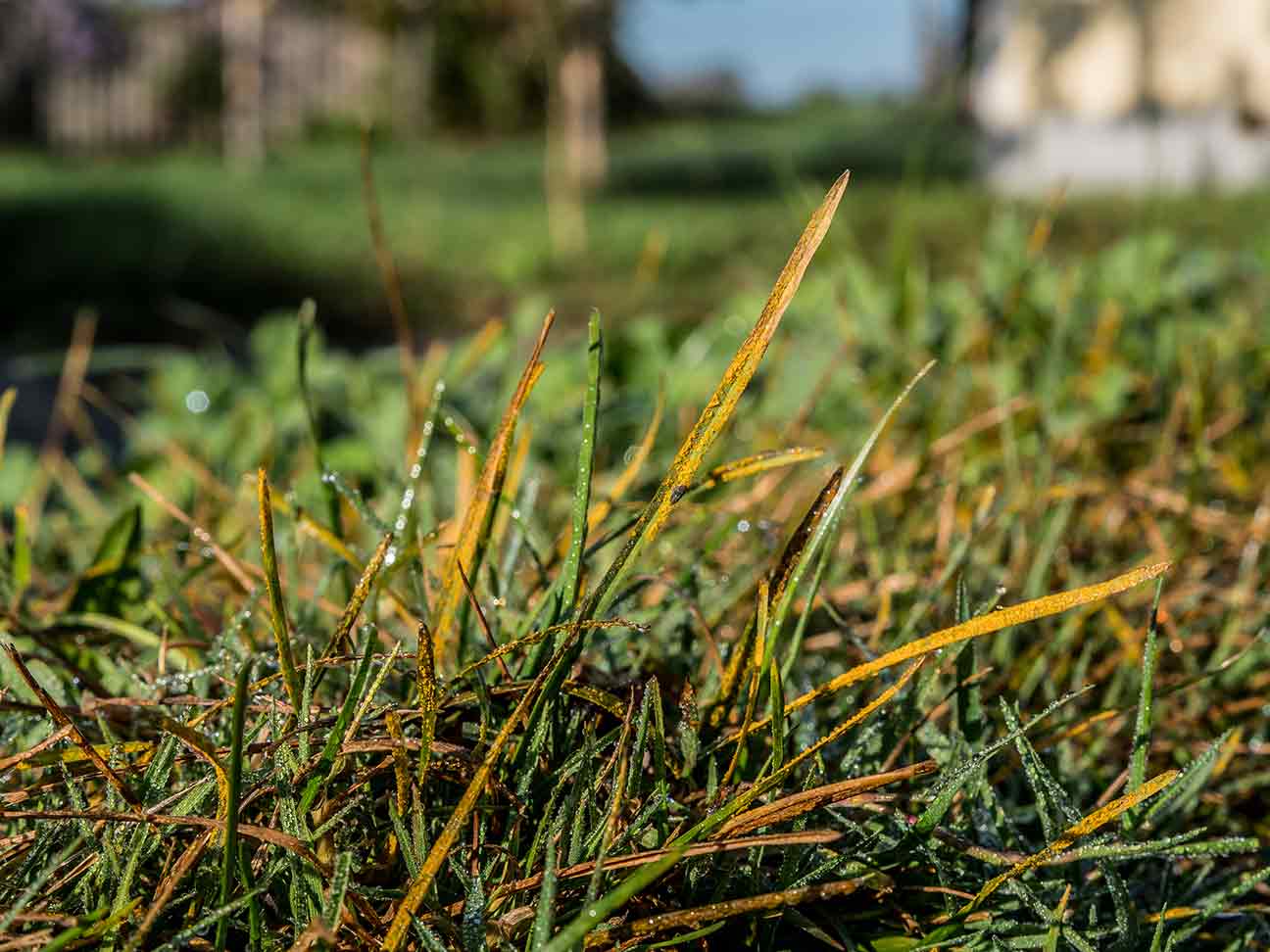
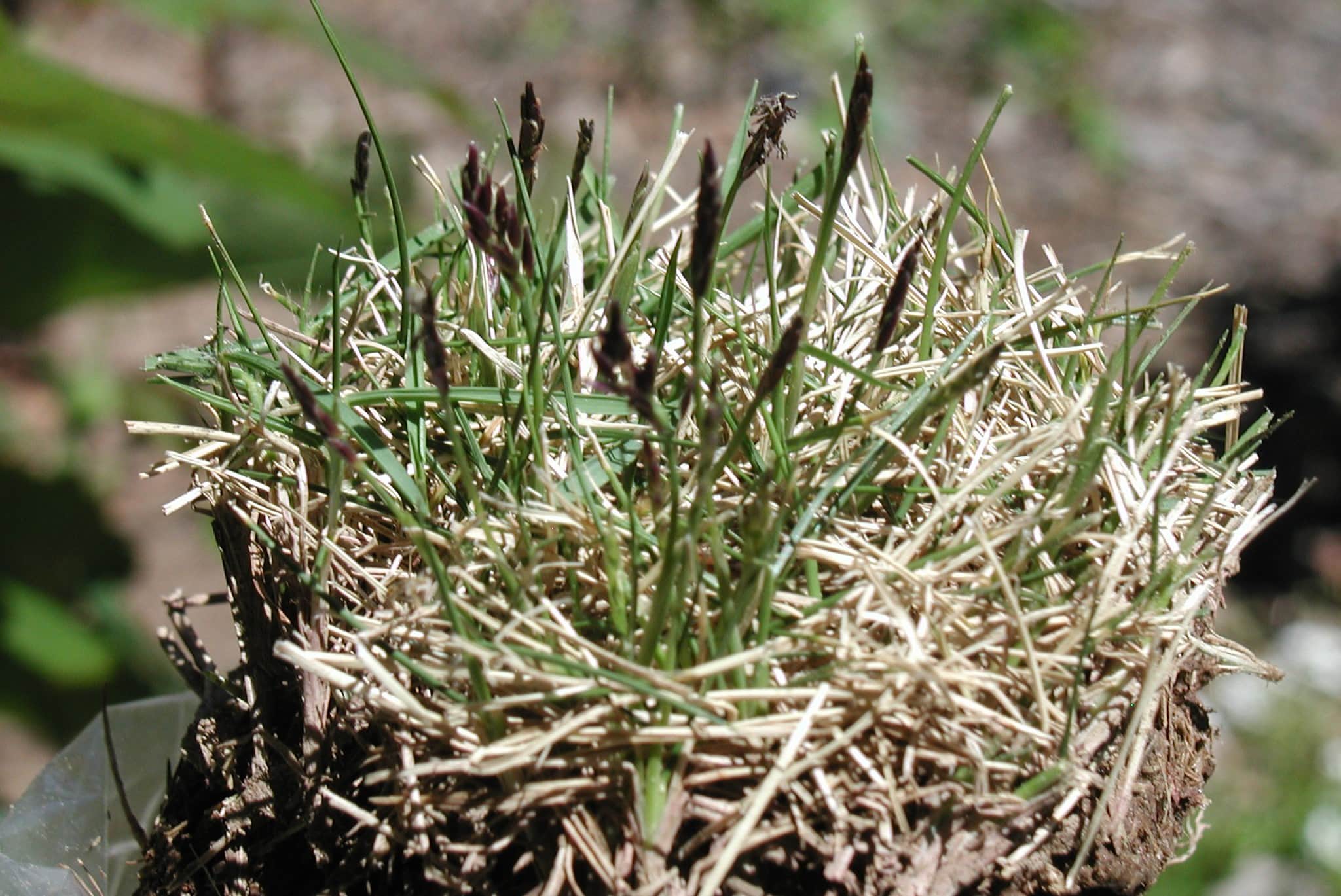
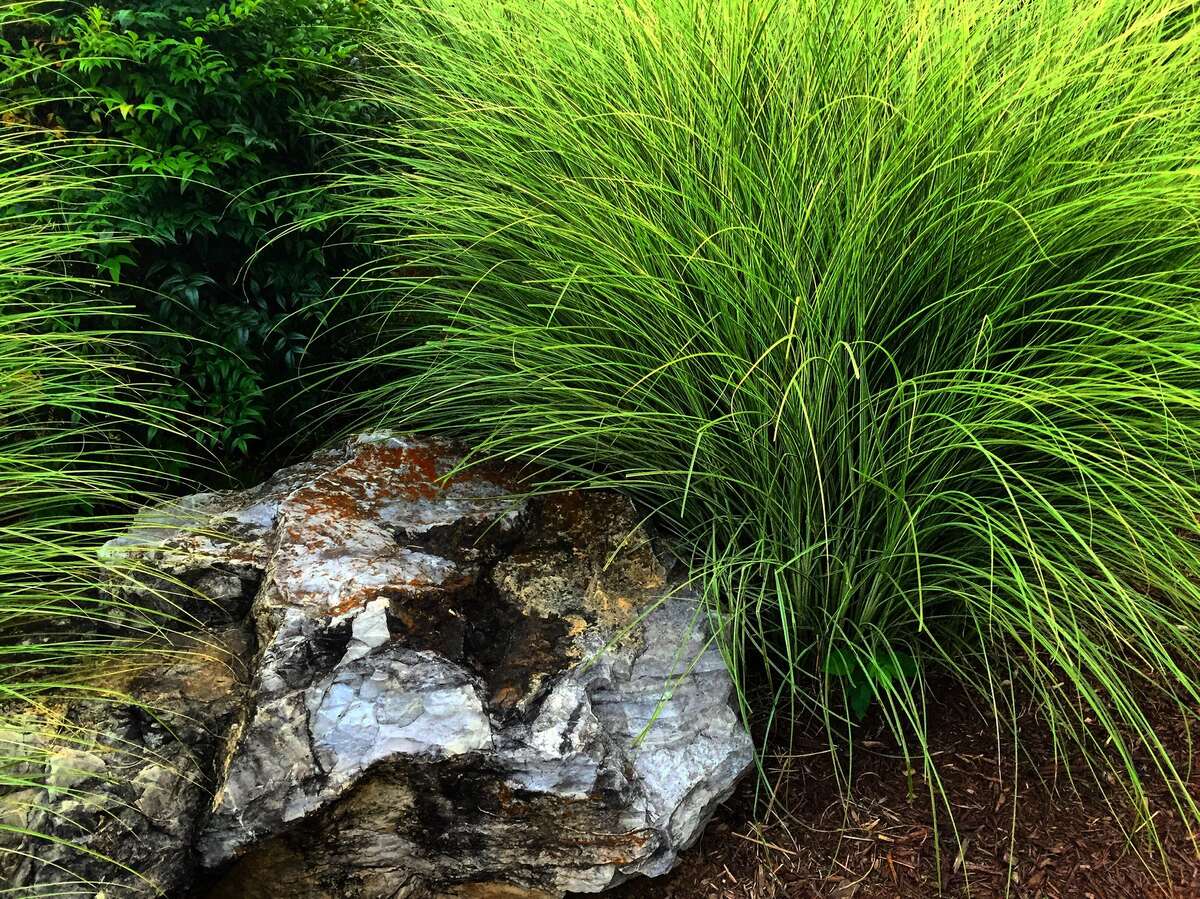
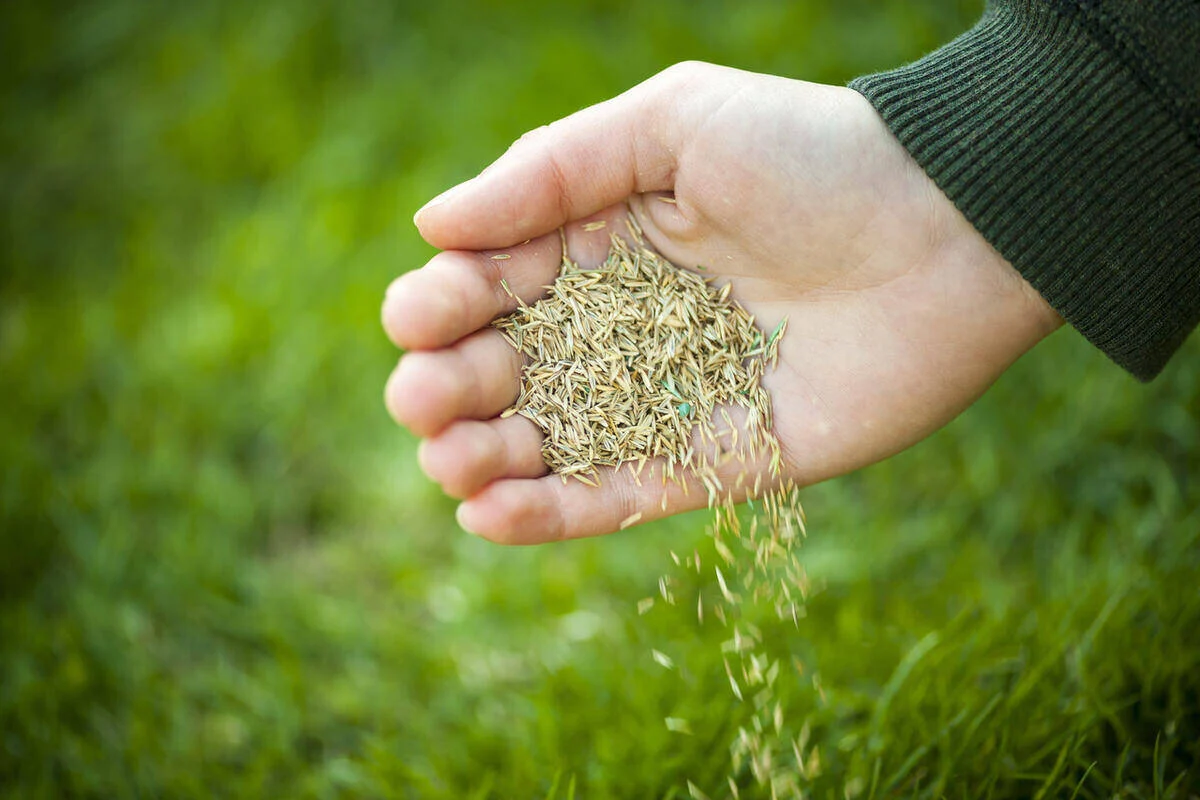
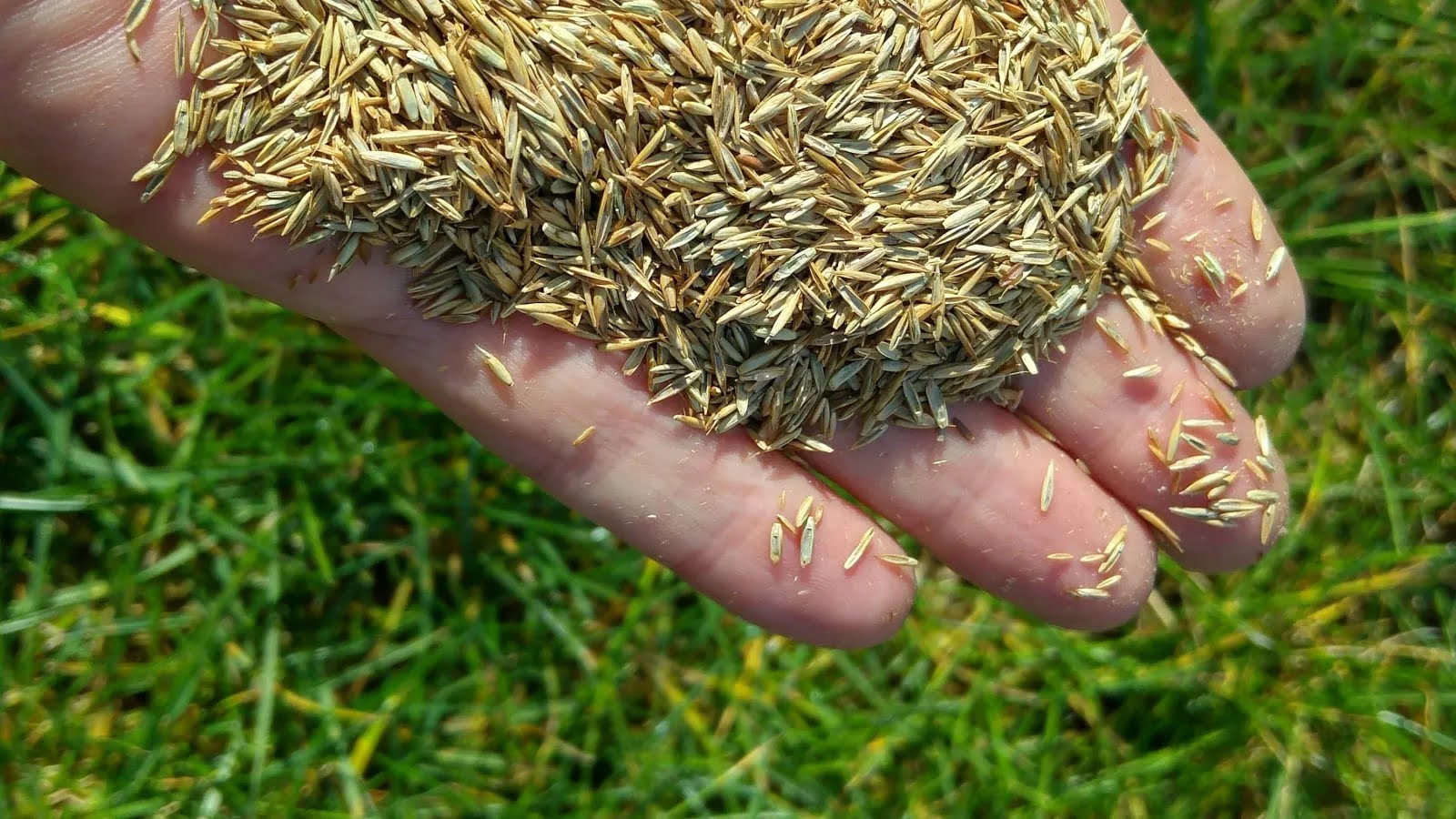
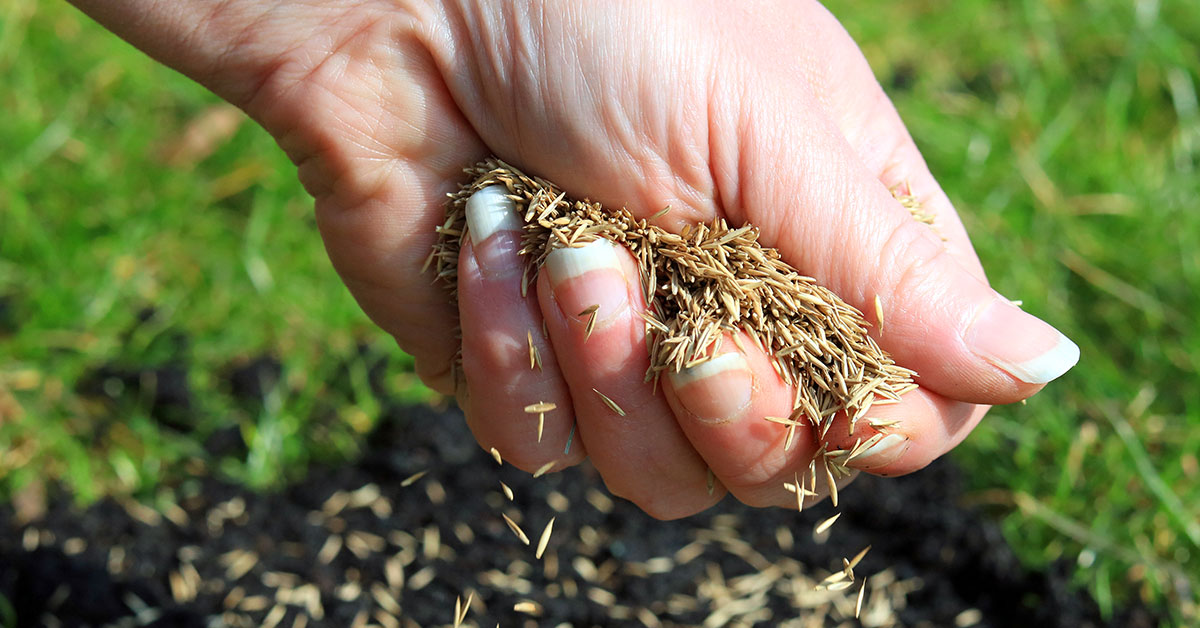
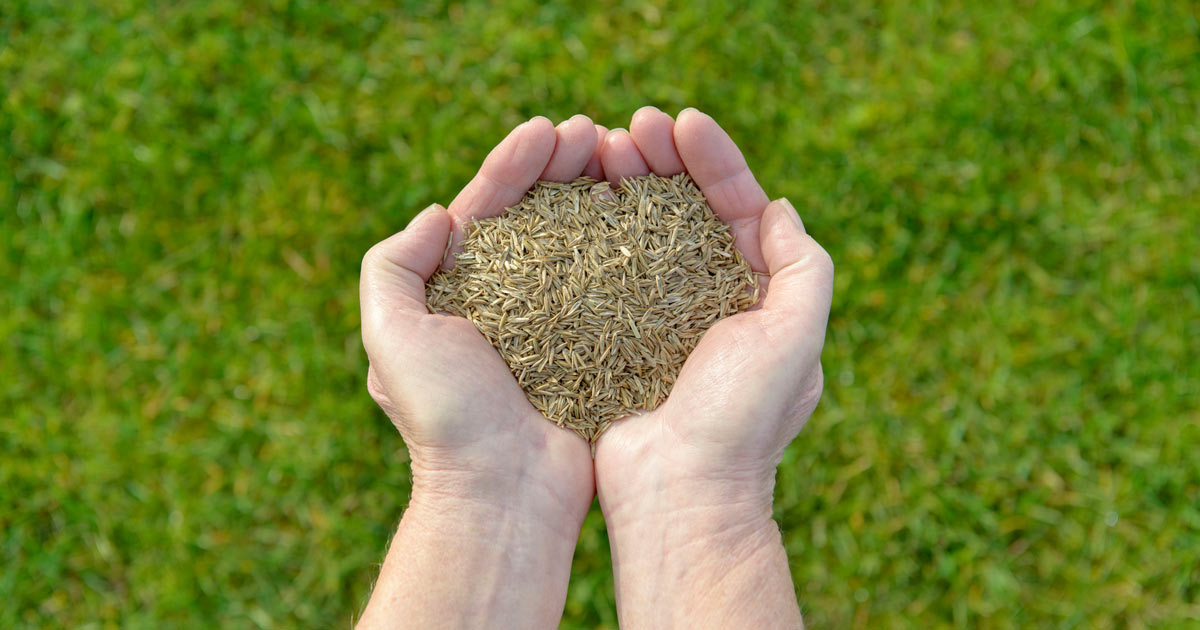

0 thoughts on “When Is The Best Time To Plant Grass Seed In Georgia”